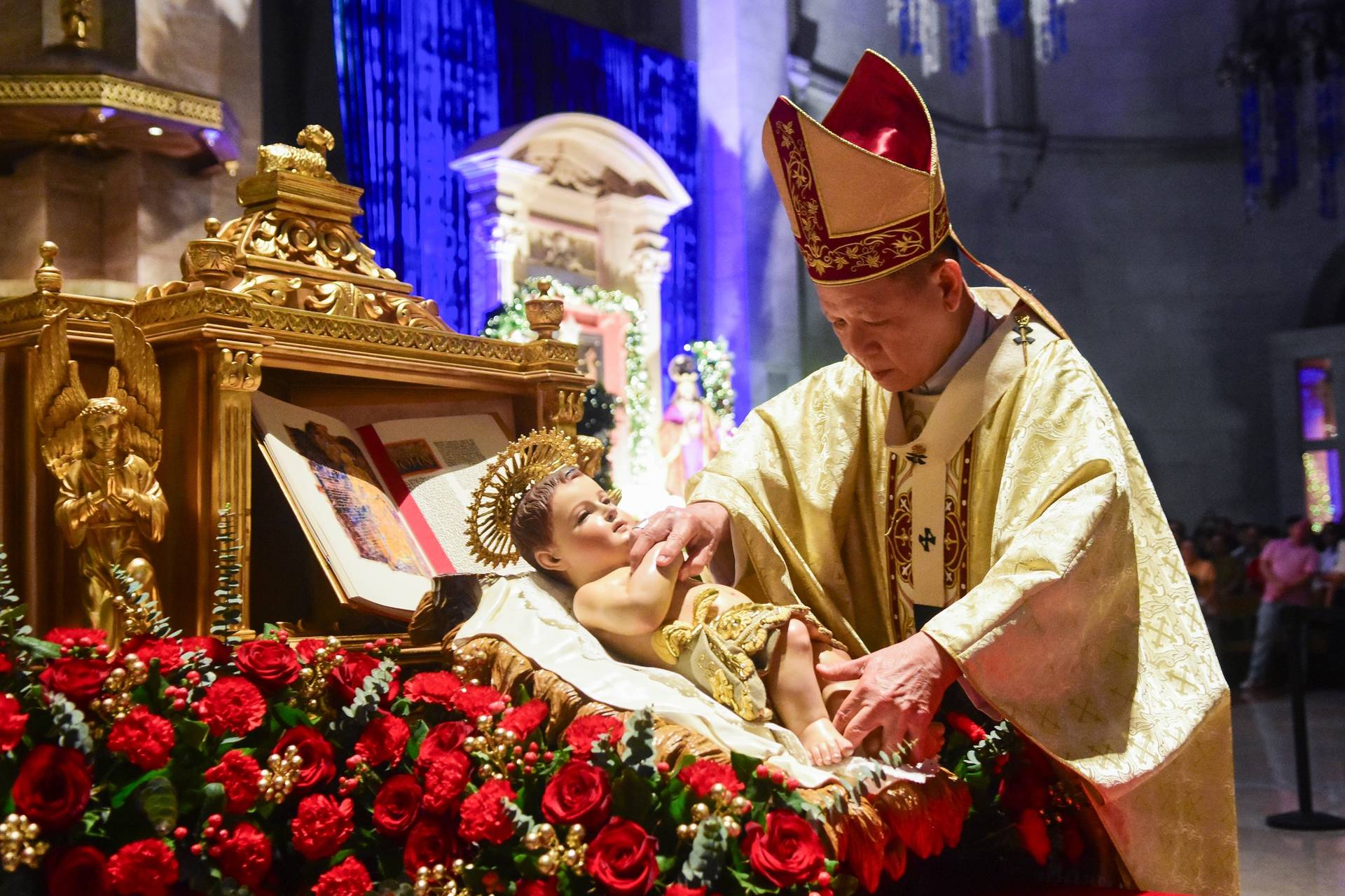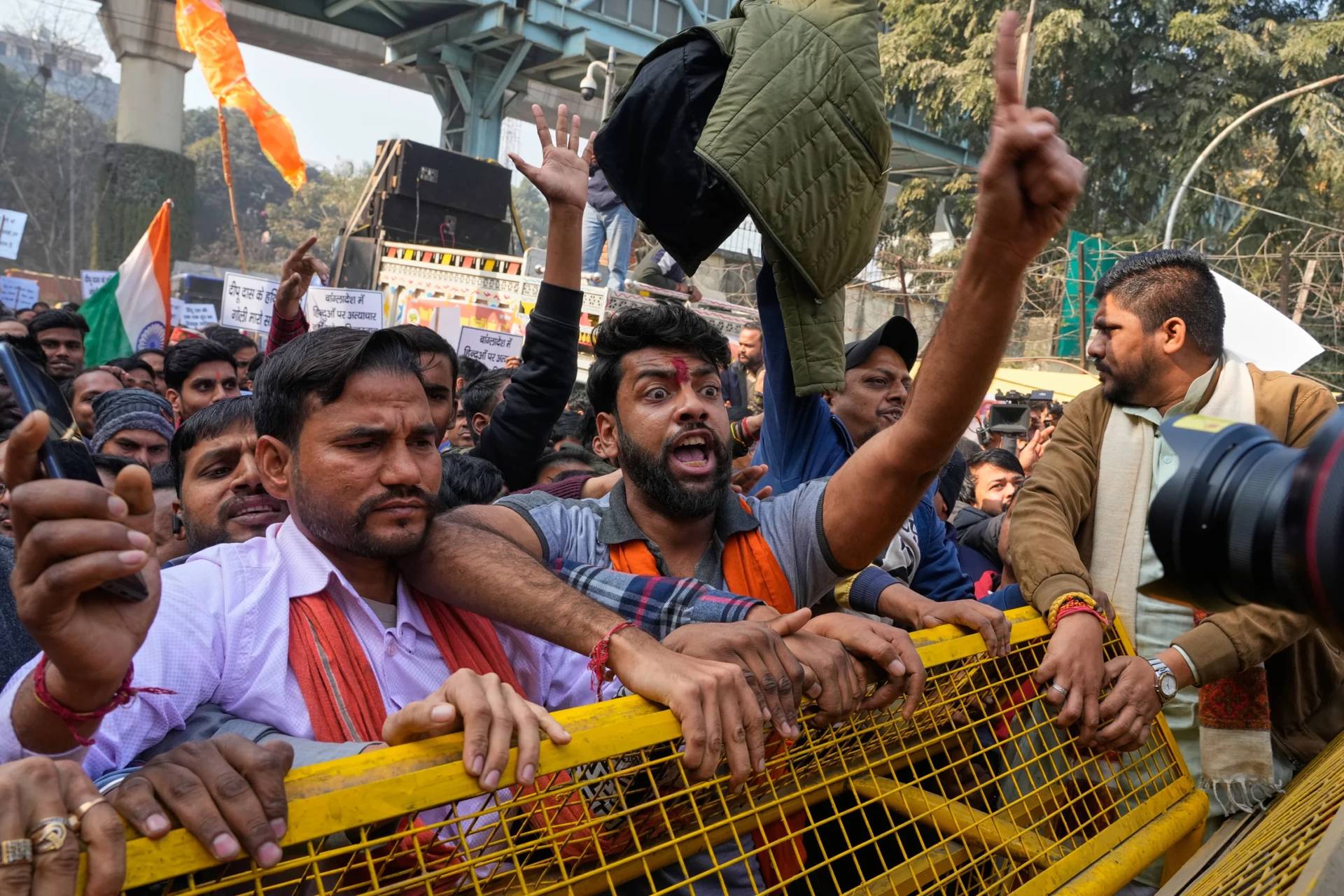ROME – Sky-rocketing food and fuel prices in Sri Lanka have precipitated the worst political unrest in the country in years, leading to thousands of demonstrators marching for change. With the government teetering alongside its economy, the country’s Catholic bishops are sending out an SOS.
“People are stranded [. . .] without basic needs such as food, fuel and domestic and industrial gas. Patients are left in the lurch without the medicine needed to sustain their life. Parents are yearning to find milk food for infants and children,” says the statement released by the Catholic Bishops’ Conference of Sri Lanka (CBCSL) on June 16, at the end of its plenary assembly.
The prelates warned that violence is a real danger as the country’s economic crisis worsens, and they asked the government to rapidly change its policies and amend the constitution to limit the powers of the president.
The economic downturn has left several staple foods in short supply, along with gas and medicines. On Friday, the government ordered public sector employees to work from home for two weeks due to severe fuel shortages as the island nation grapples with its worst financial turmoil since its independence from Britain in 1948.
Sri Lanka is scrambling to find foreign currency to pay for necessary fuel imports. Its existing stock of gasoline and diesel is projected to run out in a matter of days.
“We earnestly urge the government to take drastic steps to address these issues and bring about justice, equity and open the way for our children and youth to have a country to live with dignity,” the bishops wrote.
For the CBCSL, “the tragedy that has struck our nation is in no uncertain terms the worst of our times.”
“There should be a relief package to provide basic food items to the poorest of the poor. The unbridled rise in prices of basic necessities, shortages and hoarding seriously affect the day-to-day lives of people who are forced to stay in long queues,” the bishops wrote.
Sri Lanka’s foreign currency reserves have virtually run dry, and it can no longer afford to pay for imports of staple foods and fuel. The government blames the COVID-19 pandemic, which affected Sri Lanka’s tourist trade – one of its biggest foreign currency earners. It also says tourists were frightened off by a series of deadly bomb attacks on churches in 2019.
However, many experts say economic mismanagement is to blame. Among those blaming the country’s civil leadership are the Catholic bishops: “Those responsible for this horrendous economic crisis are yet to be exposed,” read the bishops’ statement. The bishops said that the major causes of the economic crisis “have been rampant corruption and absolute mismanagement on the part of successive governments and political instability.”
Much of the popular anger for the economic crisis has been directed at President Gotabaya Rajapaksa and his brother, Mahinda, whom he appointed to be prime minister, but then dismissed in May, in the face of widespread protests.
In their statement, the bishops also delve into the country’s politics, saying that they are very concerned that changes to the constitution have concentrated too many powers in the hands of the president, including his ability to appoint anyone to government office, without the approval of members of parliament.
The bishops called for the “absolute independence of the judiciary” and all other commissions, “subject only to the guidance of the parliament.”
“This way, true democracy can be re-instituted in the country,” reads the bishops’ statement.
The Rajapaksas’ dynasty has been in and out of the government for decades, and three other family members of the president are members of the cabinet. The Associated Press reports that the family is not going down without a fight, ordering troops to shoot protesters causing injury to people or property, instituting a nationwide curfew, and allegedly encouraging mobs of their supporters to fight in the streets with anti-government demonstrators.
In the same statement, the bishops urged everyone “to desist from violence” as they appealed to the government to respect the legitimate right to freedom of expression and movement of the people.
“The unfailing protests and demonstrations especially of youthful citizens that have led to address the need for a system change is to be recognized,” said the prelate.
They noted that the “failure of the system” has compelled the entire population to clamor for “radical change.”
Follow Inés San Martín on Twitter: @inesanma














